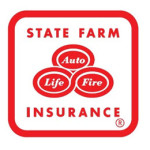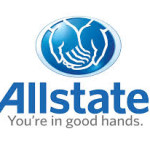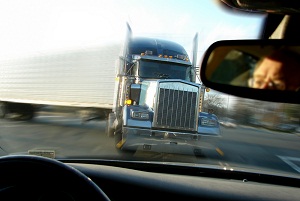In Maryland, if an uninsured motorist insurer waives subrogation against the at-fault driver in an underinsured motorist case, it also waives its liability defenses. Depending upon who you ask, this has either always been the law in Maryland (as Maryland high court tells us in Maurer v. Penn National) or is a recent law (as every Maryland accident lawyer or insurance company seems to think).
State Farm has responded to this recent law by refusing to waive subrogation in just about every case where the at-fault driver tenders the policy limits. It is a fair tactic. But what State Farm is doing is cutting side deals with the at-fault driver’s insurance company to waive subrogation to the extent of the UM coverage which allows the defendants to work together in preparing for and trying accident claims.
Two take-home messages. First, add in a discovery question to uncover these side deals so you know the score in advance. Second, make sure you argue at trial that the defendants’ interests are aligned and they should not both get jury strikes.
 Maryland Injury Law Center
Maryland Injury Law Center






